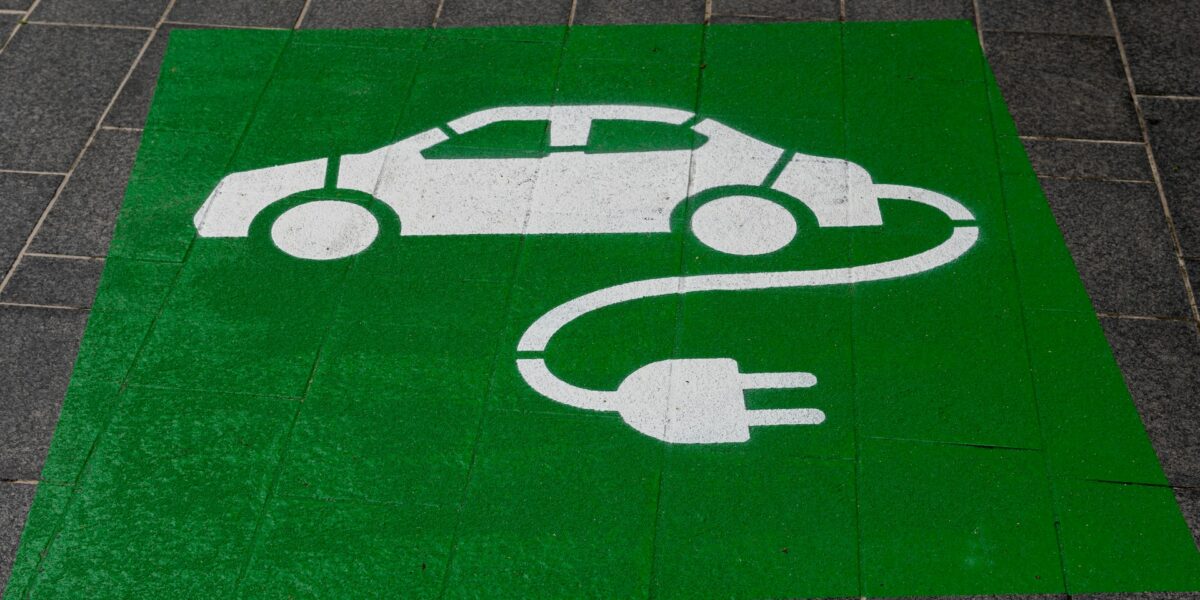Short circuiting budgets
Potential EV buyers reconsidering in light of higher costs
In the recent mini budget statement, the chancellor announced that VED road tax exemption for electric vehicle (EV) is likely to end.
A new survey has found that almost 40% of car buyers are now reconsidering the purchase of an EV.
Purse squeeze
Research carried out by Insight Advantage for eBay Motors Group reveals the impact of raising the financial burden on car owners in the midst of the cost of living crisis. Prospects of the UK’s longest ever recession is prompting most households to hunt down savings. Paying more for buying an EV cannot now be pitched against lower annual tax payments.
Reconsidering future buys
Nearly a quarter (23%) of car buyers said the introduction of a VED charge will make no difference to their plans to buy an EV. However, 37% said the announcement is either making them reconsider or drop their plans to go electric.
According to the eBay Motor Group data, a further 16% said they plan to carry on. Searching for cars priced under £40,000 is key to avoid the Expensive Car Supplement. This will also be applied for the first time on EVs from April 2025.
It seems that the perception of cost saving incentives attached to EV ownership is on the wane. Though the study found that 18% of buyers are more concerned about the rising cost of charging than the imposition of VED.
Fuelling worry
Regardless of fuel type, researchers asked how cost of living concerns would impact their next car purchase. Results reveal the top three concerns are: the UK economy now going into recession; the cost of energy bills; and the impact of inflation on goods and services.
“At a time when momentum was building for EV sales, the Autumn Budget has polarised buyers’ views,” says Lucy Tugby, marketing director at eBay Motors Group.
She says the research “highlights just how sensitive some buyers are to the removal of what has long been a valued incentive”.
“As the clock ticks down on the 2030 ban on the sale of new combustion engine cars, this sends out a confusing message to buyers and could have ramifications for the government’s Net Zero targets.”
Bleak outlook
Further research published by Startline Motor Finance shows that rising costs are not confined to EVs, however.
It found the cost of running the average car has escalated by £1,000 in the past year as UK inflation accelerated into double figures.
Recent comments by Zuto Finance highlighted the onus that both finance providers and car retailers will need to place on the affordability of all their products as the cost-of-living crisis deepens. A survey of 1,000 consumers conducted on its behalf in October 2022 found that less than half (49%) of Brits claim they are financially stable enough to be comfortable during a recession. One-in-ten (12%) are cancelling holidays , while 43% have turned the heating off to make ends meet.





